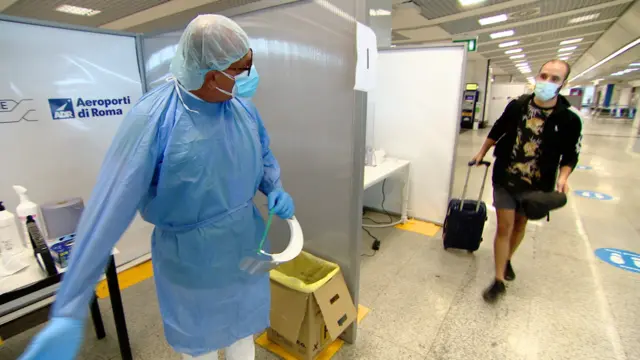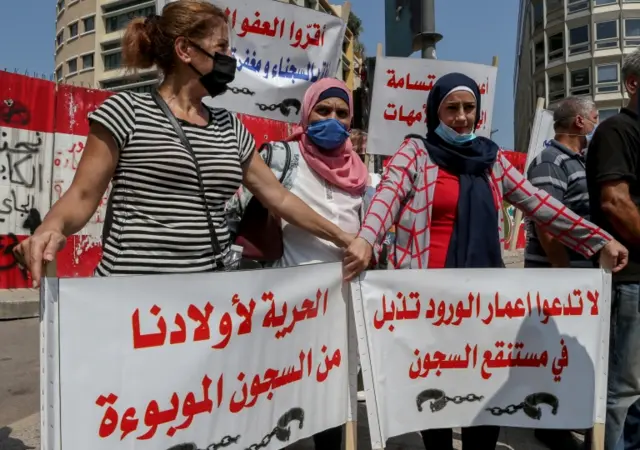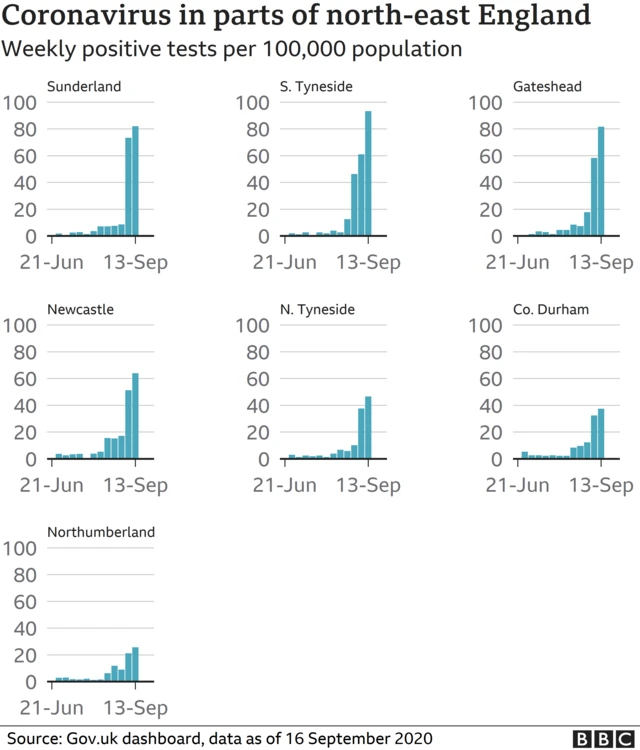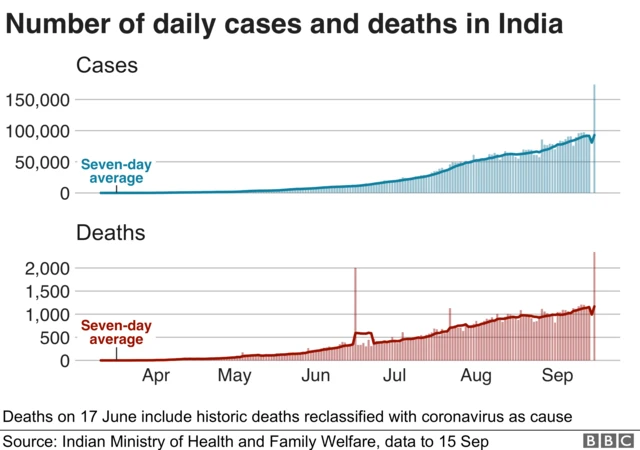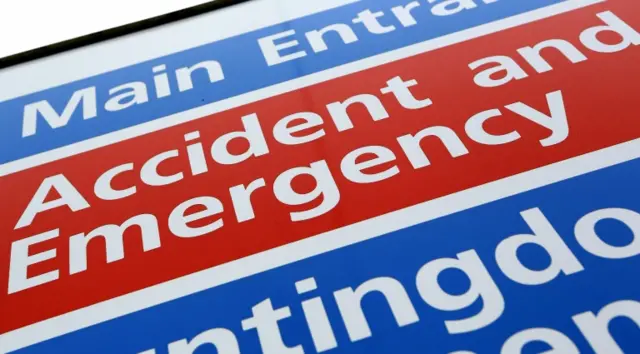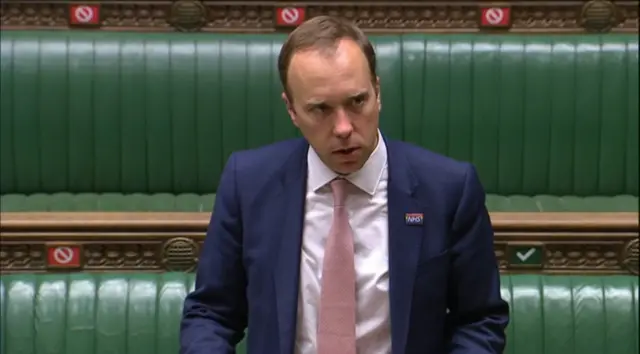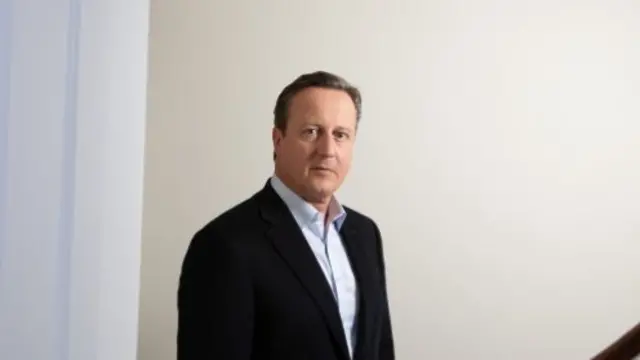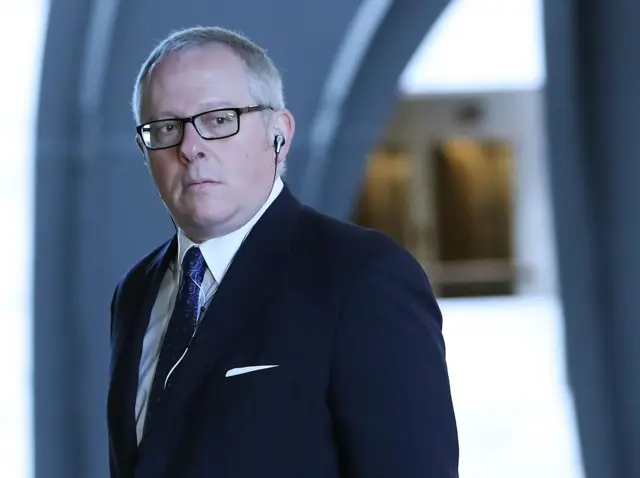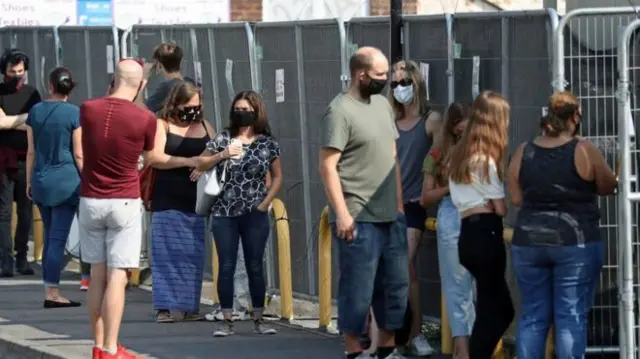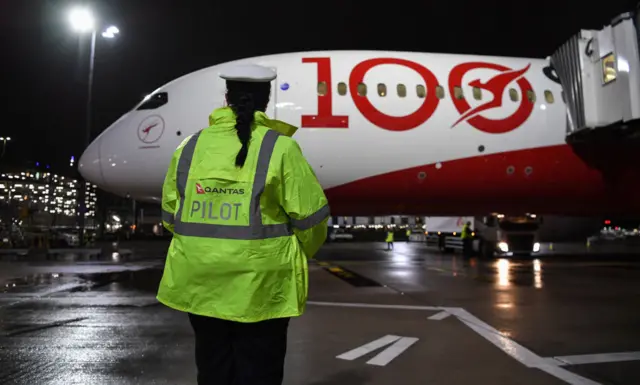Italy trials Europe’s first 'Covid-free flights'published at 13:07 BST 17 September 2020
 Mark Lowen
Mark Lowen
BBC News, Rome
Fed up with quarantine restrictions by Britain and other countries? Desperate to travel safely again? Italy thinks it has the answer, trialling Europe’s first “Covid-free flights”. Two of Alitalia’s seven daily Rome-Milan services will be reserved for passengers who test negative for coronavirus either at a rapid testing unit set up at Rome’s Fiumicino airport, or elsewhere within 72 hours before the flight, and can show a certificate to prove it. It’s an experiment that, if successful, could be rolled out to other domestic and international routes in the hope of allowing air travel to recover and luring back passengers.
“I think it’s better than just going inside the aeroplane not knowing if the other people are positive or negative,” said Lisa Mandini, clutching her test certificate. “It’s fast - I had to come to the airport just two hours before the flight. Even if a passenger has their mask down their face, I feel more secure like this.”
Fiumicino’s testing unit has been up and running for a month already: a simple and efficient process in which passengers from Croatia, Greece, Malta and Spain are given a nasal swab at the arrivals floor. The result comes in just half an hour, which they show at the airport exit.
Italy has moved from Europe’s first epicentre of the pandemic to a pioneer of airport testing. The question now is whether others will follow.
